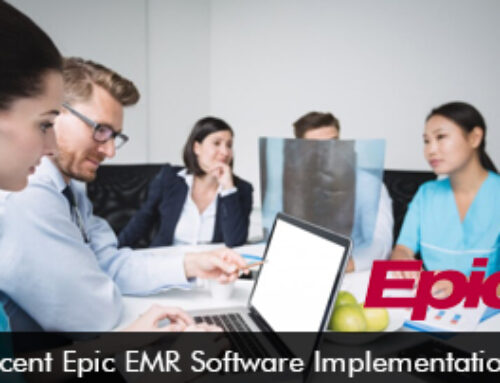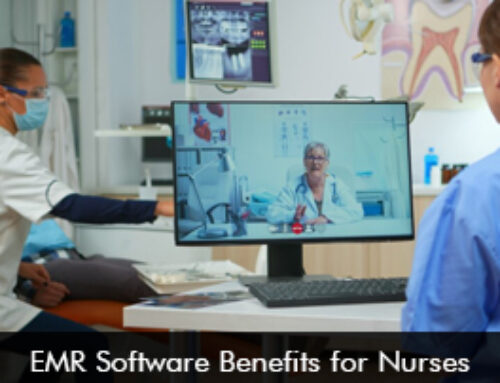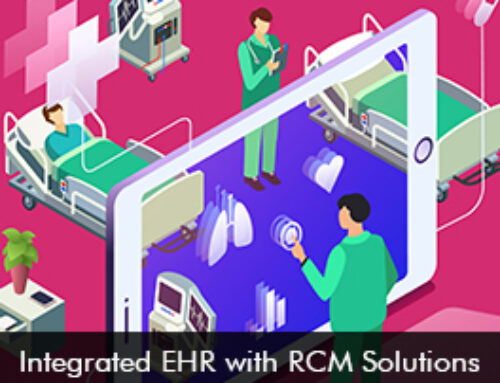Cancer is one of the most dangerous ailments around the world. According to the American Cancer Awareness Society, almost 2 million Americans are estimated to be diagnosed with cancer this year. Cancer is the second most common reason for death in people in the US, after heart disease.
Oncology/Hematology EMR Software Solution
EMR software occupies a vital position to improve the delivery of oncological care. The robust system is specifically designed to collect accurate data to support the provider’s decision-making and future cancer research.
A generic software will not be the best fit for an oncology practice. So oncologists looking to enhance cancer care, and streamline daily workflows should deploy an Oncology/Hematology EMR Software. The fully integrated technology is set to empower quality care delivery in the challenging oncology environment.
Functionalities offered by Oncology EHR
The oncology ecosystem is highly complex. Oncologists require a software solution with specific features to support patient care and enable oncology practices to thrive.
Let’s look into the important features that help with oncology care and meet both clinical and administrative requirements.
- The effective capture and management of patient information including demographic, and clinical data.
- Clinical Decision Support (CDS) tools and scheduling for chemotherapy prescription and administration.
- ONC-ATCB certification.
- Provider note templates.
- Trial drug management.
- Safety alerts.
- Automated dosage calculation.
- Advanced reporting and analytics.
- Comprehensive patient engagement tools.
Integrated EMR Software for Effective Cancer Management
An integrated software solution is the best way to bridge any gaps in cancer care and make way for efficient care delivery vital to improving health outcome levels. Moreover, an integrated EHR system can positively influence the clinical and billing processes of an oncology practice.
Support Care Coordination and Bridge Gaps between Care Settings
A cancer patient can go through transitions between different care environments such as long-term care, ambulatory, and acute care settings. An integrated electronic medical records solution ensures that everyone involved in the patient’s care delivery process has seamless and secure access to a patient’s entire health history and information.
Streamline Complex Care
Integrated EHR technology offers additional tools which can simplify care to manage difficult treatment regimens. Customized flow sheets based on the patient’s diagnosis, and flexible data summaries with key patient information can help oncologists to simplify cancer care and ensure to offer satisfying patient care.
Improve patient safety levels
By providing real-time information on drug interactions, allergies, and dose requirements, EHRs can assist to prevent medication errors. This improves patient safety and lowers the chance of adverse medication effects.
Moving Ahead
To sum it all up, EHRs in oncology care increase communication, streamline workflows, enable data-driven decisions, and ultimately improve patient outcomes and care quality.
With July being the sarcoma and bone cancer awareness month, we hope that those fighting this deadly disease overcome it with amazing strength from within and support from family and caregivers. Remember that cancer is not stronger than you!






